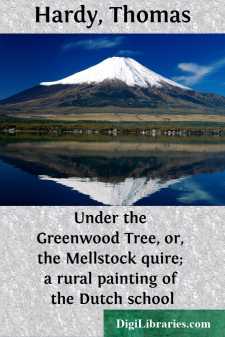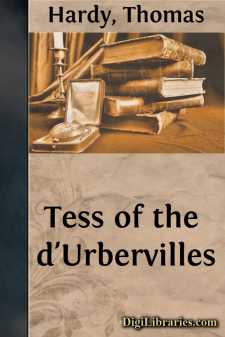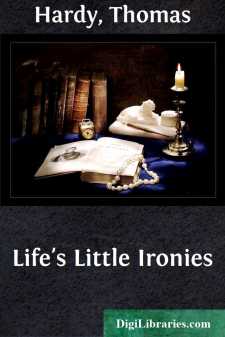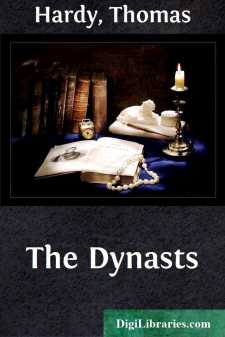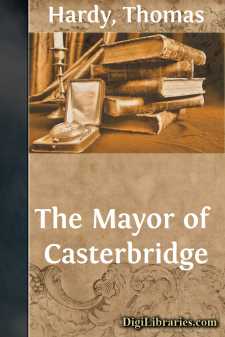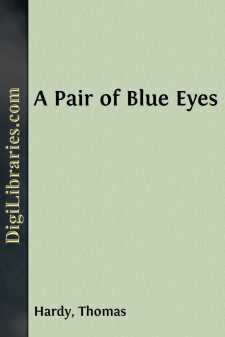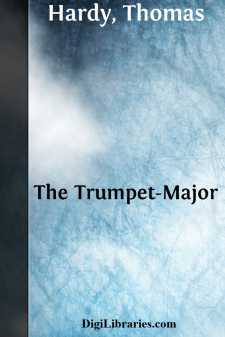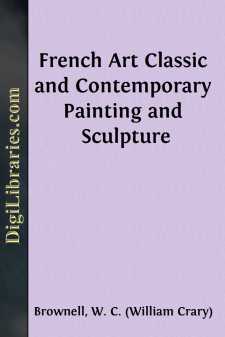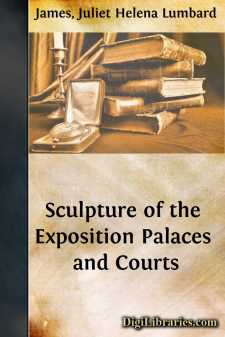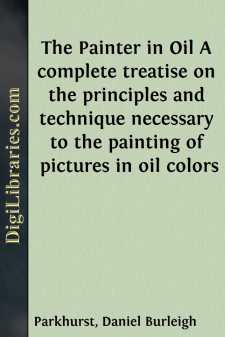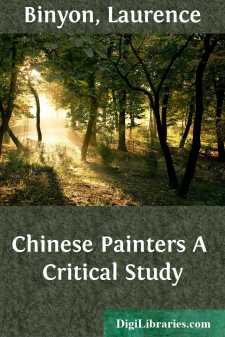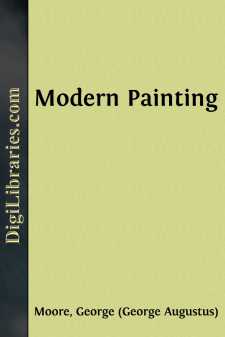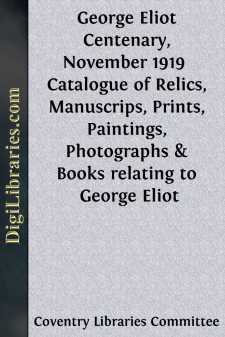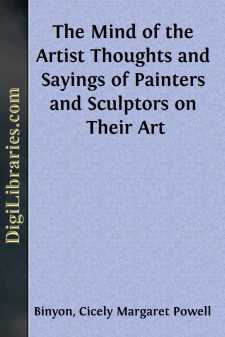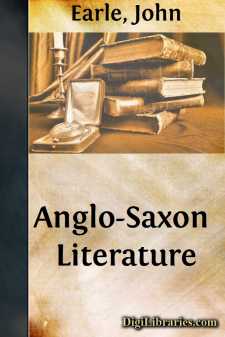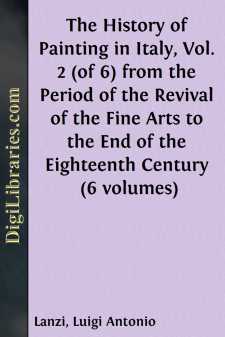Categories
- Antiques & Collectibles 13
- Architecture 36
- Art 48
- Bibles 22
- Biography & Autobiography 813
- Body, Mind & Spirit 142
- Business & Economics 28
- Children's Books 17
- Children's Fiction 14
- Computers 4
- Cooking 94
- Crafts & Hobbies 4
- Drama 346
- Education 46
- Family & Relationships 57
- Fiction 11829
- Games 19
- Gardening 17
- Health & Fitness 34
- History 1377
- House & Home 1
- Humor 147
- Juvenile Fiction 1873
- Juvenile Nonfiction 202
- Language Arts & Disciplines 88
- Law 16
- Literary Collections 686
- Literary Criticism 179
- Mathematics 13
- Medical 41
- Music 40
- Nature 179
- Non-Classifiable 1768
- Performing Arts 7
- Periodicals 1453
- Philosophy 64
- Photography 2
- Poetry 896
- Political Science 203
- Psychology 42
- Reference 154
- Religion 513
- Science 126
- Self-Help 84
- Social Science 81
- Sports & Recreation 34
- Study Aids 3
- Technology & Engineering 59
- Transportation 23
- Travel 463
- True Crime 29
Under the Greenwood Tree, or, the Mellstock quire; a rural painting of the Dutch school
by: Thomas Hardy
Description:
Excerpt
PREFACE
This story of the Mellstock Quire and its old established west-gallery musicians, with some supplementary descriptions of similar officials in Two on a Tower, A Few Crusted Characters, and other places, is intended to be a fairly true picture, at first hand, of the personages, ways, and customs which were common among such orchestral bodies in the villages of fifty or sixty years ago.
One is inclined to regret the displacement of these ecclesiastical bandsmen by an isolated organist (often at first a barrel-organist) or harmonium player; and despite certain advantages in point of control and accomplishment which were, no doubt, secured by installing the single artist, the change has tended to stultify the professed aims of the clergy, its direct result being to curtail and extinguish the interest of parishioners in church doings. Under the old plan, from half a dozen to ten full-grown players, in addition to the numerous more or less grown-up singers, were officially occupied with the Sunday routine, and concerned in trying their best to make it an artistic outcome of the combined musical taste of the congregation. With a musical executive limited, as it mostly is limited now, to the parson’s wife or daughter and the school-children, or to the school-teacher and the children, an important union of interests has disappeared.
The zest of these bygone instrumentalists must have been keen and staying to take them, as it did, on foot every Sunday after a toilsome week, through all weathers, to the church, which often lay at a distance from their homes. They usually received so little in payment for their performances that their efforts were really a labour of love. In the parish I had in my mind when writing the present tale, the gratuities received yearly by the musicians at Christmas were somewhat as follows: From the manor-house ten shillings and a supper; from the vicar ten shillings; from the farmers five shillings each; from each cottage-household one shilling; amounting altogether to not more than ten shillings a head annually—just enough, as an old executant told me, to pay for their fiddle-strings, repairs, rosin, and music-paper (which they mostly ruled themselves). Their music in those days was all in their own manuscript, copied in the evenings after work, and their music-books were home-bound.
It was customary to inscribe a few jigs, reels, horn-pipes, and ballads in the same book, by beginning it at the other end, the insertions being continued from front and back till sacred and secular met together in the middle, often with bizarre effect, the words of some of the songs exhibiting that ancient and broad humour which our grandfathers, and possibly grandmothers, took delight in, and is in these days unquotable.
The aforesaid fiddle-strings, rosin, and music-paper were supplied by a pedlar, who travelled exclusively in such wares from parish to parish, coming to each village about every six months. Tales are told of the consternation once caused among the church fiddlers when, on the occasion of their producing a new Christmas anthem, he did not come to time, owing to being snowed up on the downs, and the straits they were in through having to make shift with whipcord and twine for strings. He was generally a musician himself, and sometimes a composer in a small way, bringing his own new tunes, and tempting each choir to adopt them for a consideration. Some of these compositions which now lie before me, with their repetitions of lines, half-lines, and half-words, their fugues and their intermediate symphonies, are good singing still, though they would hardly be admitted into such hymn-books as are popular in the churches of fashionable society at the present time....


